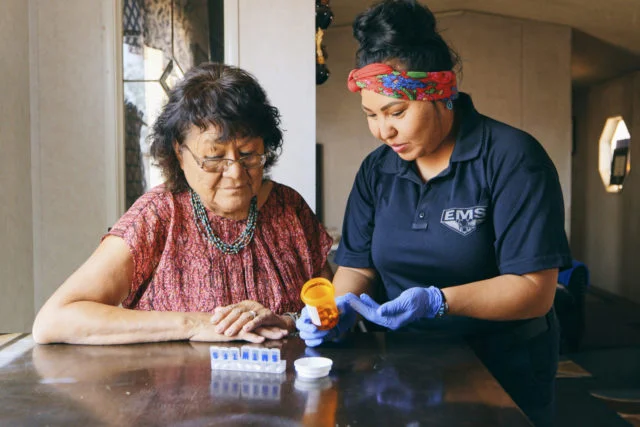Tag: income tax

The economic turmoil in the early months of the pandemic – a plunging stock market and soaring unemployment – posed a real threat to state and local government pension funds and the workers who rely on them. One group was particularly vulnerable: public-sector workers who aren’t covered by Social Security and lack the backstop of…

Like much in life under a pandemic, the research presentations for the Retirement and Disability Research Consortium’s annual meeting are going virtual. This year’s online meeting will also be scaled down from the traditional two days to one: Thursday, Aug. 6. The purpose of the meeting, which is usually held in Washington, D.C., is for…






